Great advice. Another tip is use wildcards to search and verify for first and last names. People could not read or write till the 1900 so officials had to guess and overtime last names changed (especially when grammar rules changed).
21 Best Tips From Family History Enthusiasts
- By Esther


Over the years, we’ve featured many incredible stories from MyHeritage users who have made family history discoveries. Some have found hidden photos or mementos of their loved ones, others reconnected with long-lost family members or were reunited with completely unknown relatives!
We’ve collected some of their tried-and-tested advice, to help you with your family history research, no matter what stage you are at right now.
Getting started. Enter the names of people you know and the information you have. Work back towards the unknown.
Talk with living older relatives. Speak with your family: parents, grandparents, cousins, and siblings, and especially with all your older relatives to find out about their lives and what they remember. Do not wait until your parents or grandparents are too old to remember or are no longer living.
Be bold. Ask whatever questions come to mind, even awkward ones. Don’t let a simple no-or-yes answer end the discussion. Probe further.
Be organized. Get copies of all documents and photos you can find. Record everything. It’s important to make consistent logical notes and records of all contacts (conversations, telephone calls, email, etc.) and discoveries, with dates.
Be interested in your last name. Your last name may reveal your origin. Look up the places where family members were born. You will discover new information about your family and the places and times in which they lived.
Go further with photos. Look at the backs of all photos to see if anything is written. Remove photos from frames to inspect them. You may be surprised to find another photo in the frame. Bring photos with you when interviewing relatives to learn more about the people imaged. Photos often stir up all sorts of forgotten memories.
Take a chance. Don’t hesitate to contact MyHeritage users through Smart Matches. It often results in a vast amount of precious information, photos or interesting old family stories. Such contacts can also create wonderful friendships with distant relatives.
Don’t judge your ancestors too harshly. Times were different, and they must have had reasons for living the lives they did.
Keep an open mind. Be prepared to find things that contradict what you thought you knew or had been told in the past.
Be sensitive. Be cautious and hide stories that may hurt living family members.
Ask for help. Ask other family historians to share their research, to give you a starting point. Ask them for pointers.
Don’t jump to conclusions. Make sure to check everything you can with other family members.
Trust others but verify. Don’t automatically believe everything you read. People connect individuals to their tree with the best of intentions, but it’s not always correct. Listen to research of others but make sure it seems reasonable and find the documentation to support it. Checking old census and immigration records can expose wrong details and reveal relatives not mentioned or unknown.
Check your dates. Watch out for the date order (day/month versus month/day), depending on where your ancestors lived. Make sure the dates are reasonable. For example, think twice about connecting a woman with a child if the woman would have been in her 60s or older when the baby was born. That doesn’t add up.
Learn more about the historical context. Events like natural disasters, wars, famine and political turmoil have often been a reason for moving or settling elsewhere. For example, imagine what happened to family members when Napoleon invaded most of Europe, or if people in your family died of cholera or other horrible diseases of that time. Why did your ancestors survive?
Review. From time to time, check the information you’ve previously collected. Sometimes new details might appear for something you’ve already learned, but did not realize at the time.
Be persistent. Persevere and never give up.
Be patient. Genealogy is a never-ending process. Don’t become frustrated if you don’t find what you’re looking for in a particular set of records or if you haven’t made a breakthrough for awhile. You never know where the next lead will come from. Even the smallest detail may lead to exciting new directions.
Share your family story. Sharing with other family members will help you continuously add new names and photos to your family tree. Sometimes all you need is a fresh pair of eyes to look things over.
Pass it forward. Help others with their research. They will be forever grateful for the help.
Above all, enjoy! Enjoy the journey with all its twists and turns. Embrace your family heritage whatever it turns out to be.
What is your best piece of family history advice? Let us know in the comments below!

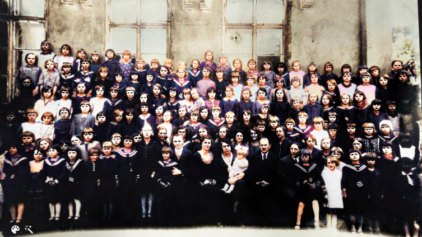
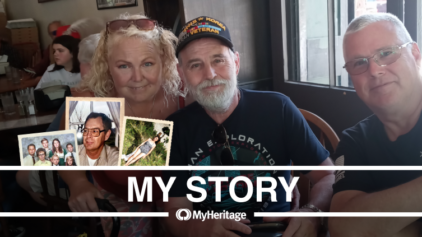

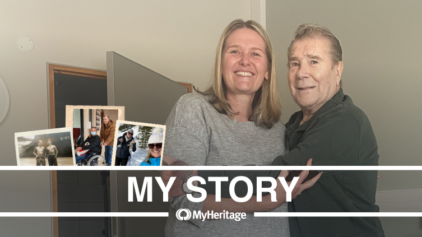
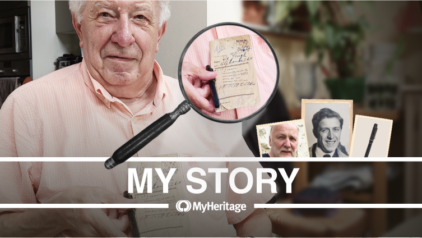
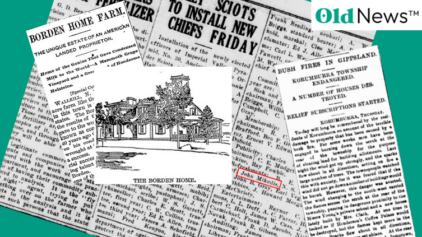
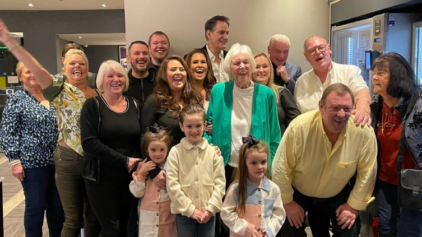
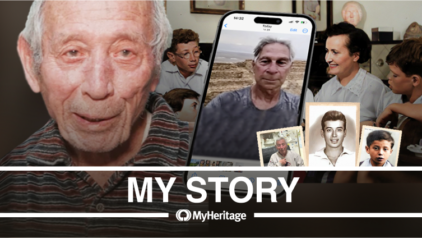
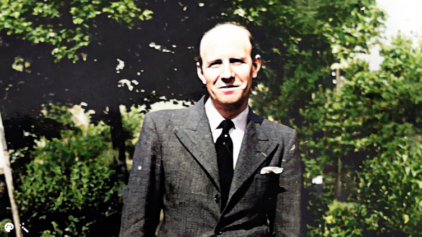
Patrick Durrant
September 4, 2016
Wow Great list to follow! I would add one piece of advice. Be ethical with the information you obtain. Ask permission to share information do not just assume you can use or publish any information especially when living people may be impacted. Thanks for the blog!